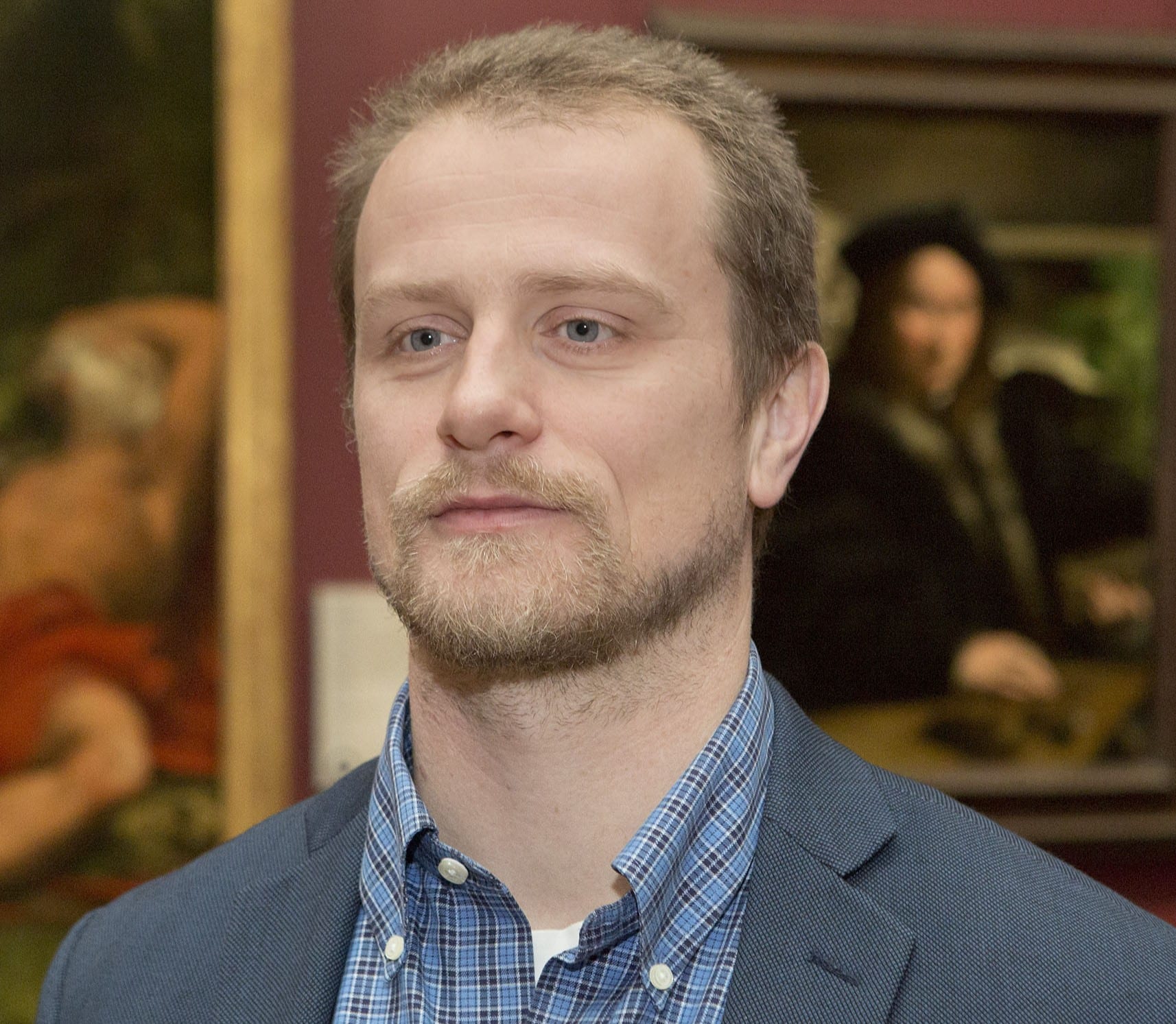Please join us for the second seminar of the Hilary Term. As always, this will be a relaxed and engaging space for sharing research and networking. This week’s Speakers will be:
Chair: Carolin Kobras
Sofia Helin: Go with the flow: How can flow biocatalysis revolutionize synthesis?
Wa Ode Dwi Daningrat: Capsular loci of the viridans species.
About the speakers:
Sofia completed her integrated Industrial Masters in Chemistry at the University of York, with a nanotechnology masters project at Oxford Nano Systems. She is currently a final year chemistry PhD student in Professor Kylie Vincent’s lab, focusing on hydrogen powered enzyme reactions to improve sustainability and selectivity in synthesis. Alongside her research at Oxford, she has also led the Catalyst Chemistry graduate network, organising talks and events for the 800 active members.
In the pharmaceutical industry, over 90% of drug synthesis requires the use of a catalyst in at least one step of the process. In practise, this means expensive heavy metals such as palladium are being used at high pressures and temperatures to improve the rate of reaction. As well as the obvious safety and environmental costs, traditional metal catalysts can have selectivity issues Enzymes are biocatalysts, as they are from nature and require much milder reaction conditions to work. These biocatalysts are already used everyday, such as in laundry detergent to remove tough stains and making cheese. However, biocatalysis using renewable feedstocks is still under-utilised in synthesis. Sofia’s project addresses a new cofactor to power reactions and use flow chemistry to improve reaction control. In this talk she would like to cover the benefits of flow chemistry and biocatalysis as well as some of her research into sustainable reactions.
Wa Ode Dwi Daningrat is an Indonesian government scholar pursuing a DPhil in Clinical Medicine at the University of Oxford. Her main research interests are vaccine impact evaluation and antimicrobial resistance (AMR) profile of Streptococcus pneumoniae (S. pneumoniae) and the utilization of whole-genome sequencing (WGS) to investigate the presence of genes and mutations in pneumococcal isolates related to AMR.
Viridans group streptococci (or the viridans) are a group of species under this genus that can be commensal or pathogens in humans. They mostly colonised the oral mucosa. The notorious member of this group, called Streptococcus pneumoniae, has more than 100 serotypes and has caused the death of 1 million children each year worldwide. These species, specifically the mitis group, are highly recombinant, including within the cps region. Her study focuses on exploring the capsular loci within these species, investigating their clustering, and comparing them with other known methods such as MLST, MLSA, and laboratory or culture-based methods. Exploring capsular loci within these species would provide a better understanding of the species’ evolution that would benefit public health in regard to disease prevention through vaccination and treatment strategy.





















